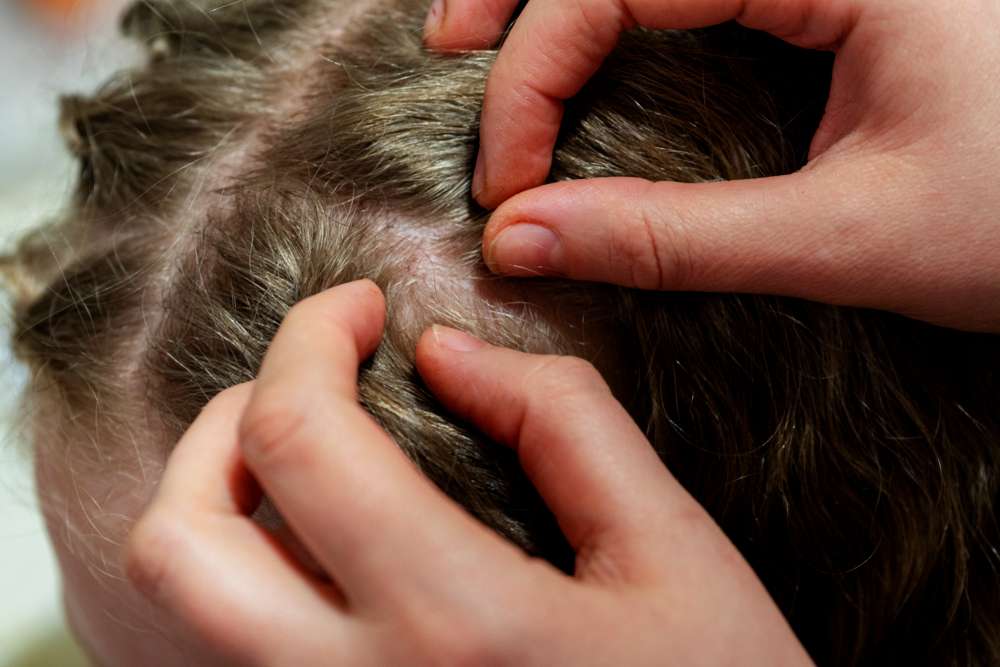Scalp Psoriasis: Understanding Symptoms, Causes, and Care Options
Scalp psoriasis is a long-lasting skin condition that may lead to itching, flaking, and irritation on the scalp. In this article, we look at the common signs, potential causes, and different care options that can help with managing flare-ups and supporting daily comfort.

What Are the Common Symptoms of Scalp Psoriasis?
Scalp psoriasis manifests in various ways, and its symptoms can range from mild to severe. The most common signs include:
-
Red, raised, and inflamed patches on the scalp
-
Silvery-white scales that may flake off
-
Intense itching, which can lead to scratching and further irritation
-
Dry, cracked skin that may bleed when scratched
-
Hair loss in severe cases, although this is usually temporary
These symptoms can extend beyond the hairline, affecting the forehead, back of the neck, and behind the ears. In some cases, the entire scalp may be covered, making it challenging to differentiate from other scalp conditions like seborrheic dermatitis.
What Triggers Scalp Psoriasis Flare-Ups?
Understanding the factors that trigger scalp psoriasis flare-ups is crucial for managing the condition. While triggers can vary from person to person, some common culprits include:
-
Stress: High levels of stress can exacerbate psoriasis symptoms
-
Skin injuries: Cuts, scrapes, or sunburns can trigger new psoriasis patches
-
Infections: Strep throat and other infections can trigger or worsen psoriasis
-
Cold, dry weather: Low humidity and cold temperatures can dry out the skin and increase flare-ups
-
Certain medications: Beta-blockers, lithium, and antimalarial drugs may trigger psoriasis in some individuals
-
Alcohol consumption: Excessive drinking can increase inflammation and trigger flare-ups
-
Smoking: Tobacco use can worsen psoriasis symptoms and make treatments less effective
Identifying personal triggers and avoiding them when possible can help reduce the frequency and severity of flare-ups.
What Are the Most Effective Treatment Options for Scalp Psoriasis?
Treatment for scalp psoriasis aims to reduce inflammation, remove scales, and slow down the growth of skin cells. The most effective options include:
-
Topical treatments: Corticosteroids, vitamin D analogues, and coal tar products are often the first line of defense
-
Medicated shampoos: Containing ingredients like salicylic acid or coal tar to help remove scales and reduce itching
-
Systemic medications: For severe cases, oral or injectable drugs like methotrexate or biologics may be prescribed
-
Phototherapy: Controlled exposure to UV light can slow skin cell growth and reduce inflammation
-
Scalp treatments: Special ointments or oils applied directly to the scalp to soften and remove scales
It’s important to work closely with a dermatologist to find the most effective treatment plan, as what works for one person may not work for another.
How Can You Manage Scalp Psoriasis Flare-Ups at Home?
While professional treatment is essential, there are several ways to manage scalp psoriasis at home:
-
Use a gentle, fragrance-free shampoo and lukewarm water to wash your hair
-
Apply moisturizer to your scalp regularly to reduce dryness and itching
-
Try over-the-counter tar shampoos or salicylic acid products
-
Use a humidifier to add moisture to the air, especially in dry climates
-
Avoid scratching or picking at scales, which can worsen inflammation
-
Apply medicated treatments as directed by your healthcare provider
-
Use a soft-bristled brush to gently remove scales
-
Avoid tight hairstyles that can irritate the scalp
Consistency in home care routines can significantly improve the management of scalp psoriasis and reduce the frequency of flare-ups.
Can Lifestyle Changes Improve Scalp Psoriasis Symptoms?
Adopting certain lifestyle changes can have a positive impact on scalp psoriasis symptoms:
-
Stress management: Practice relaxation techniques like meditation or yoga
-
Healthy diet: Consume anti-inflammatory foods and limit processed foods
-
Regular exercise: Physical activity can reduce stress and inflammation
-
Adequate sleep: Aim for 7-9 hours of quality sleep per night
-
Smoking cessation: Quitting smoking can improve overall skin health
-
Moderate alcohol consumption: Limiting alcohol intake may reduce flare-ups
-
Sun exposure: Controlled, moderate sun exposure can help improve symptoms
-
Maintain a healthy weight: Obesity can worsen psoriasis symptoms
While these changes may not cure scalp psoriasis, they can significantly improve overall health and potentially reduce the severity and frequency of flare-ups.
Scalp psoriasis can be a challenging condition to manage, but with the right combination of professional treatment, home care, and lifestyle adjustments, many individuals find relief from their symptoms. It’s essential to work closely with a healthcare provider to develop a personalized treatment plan and to stay informed about new developments in psoriasis care. By taking a proactive approach to managing scalp psoriasis, individuals can improve their quality of life and maintain healthier, more comfortable scalps.
This article is for informational purposes only and should not be considered medical advice. Please consult a qualified healthcare professional for personalized guidance and treatment.




